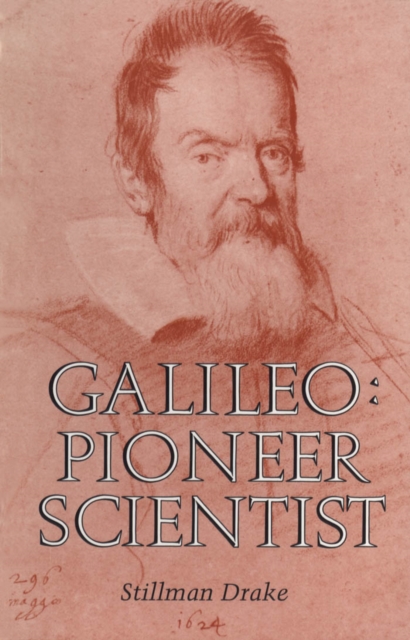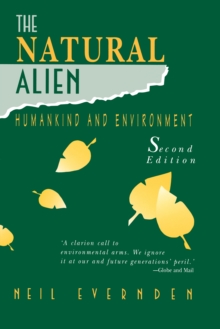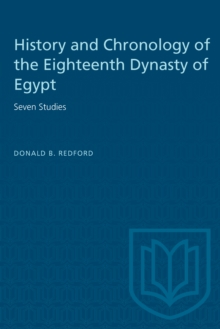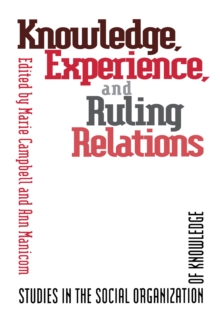
Description
Since publication of Stillman Drake's landmark volume, Galileo at Work: His Scientific Biography, new and exciting information has come to light about this towering figure in the history of Western science. Drawing largely from Galileo's manuscript working papers, Drake now adds a wealth of detail to the story.
Among the findings he presents in this volume are the steps that led to discovery of the pendulum law and the law of fall, by which Galileo opened the road to modern physics; Galileo's path to the new astronomy of Copernicus, closely linked to his first essays in physics; his subsequent misgivings and final reassurances provided by the telescope.
Drake focuses on Galileo's pioneering work in physics, previously unknown, and shows that time has not diminished its value. He also considers some of the factors that played a part in the development of physics, its classical Greek beginnings, the medieval interlude, the contribution of some of Galileo's contemporaries, and the resistance of others to his new science of motion. We see in a new light the relation of that science to modern dynamics, created by Newton half a century later.
Galileo is better known as an astronomer than as a modern physicist. Drake sheds new light here too as he explores Galileo's pioneer invention of satellite astronomy, his sighting of Neptune two and one-half centuries before that planet was identified, and his proposal of a cosmogony based on speeds of freely falling bodies.
With this book Drake confirms Galileo as the first recognizably modern scientist, in both his methods and results.
Information
-
Download - Immediately Available
- Format:PDF
- Pages:280 pages
- Publisher:University of Toronto Press
- Publication Date:15/12/1990
- Category:
- ISBN:9781442659926
Other Formats
- Hardback from £34.25
- EPUB from £25.49
Information
-
Download - Immediately Available
- Format:PDF
- Pages:280 pages
- Publisher:University of Toronto Press
- Publication Date:15/12/1990
- Category:
- ISBN:9781442659926










